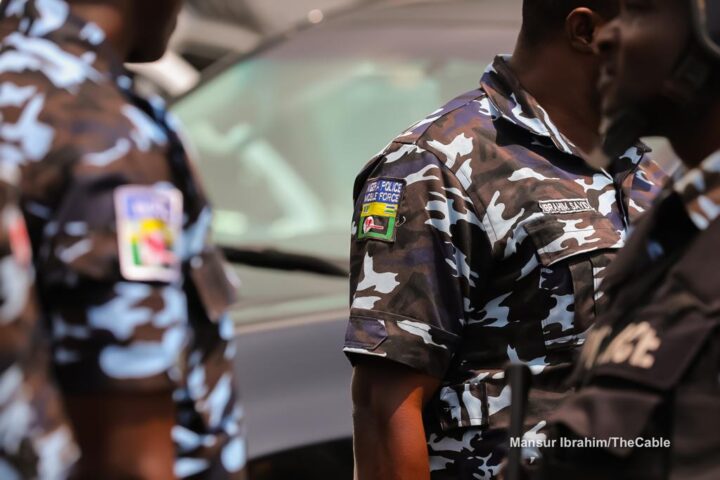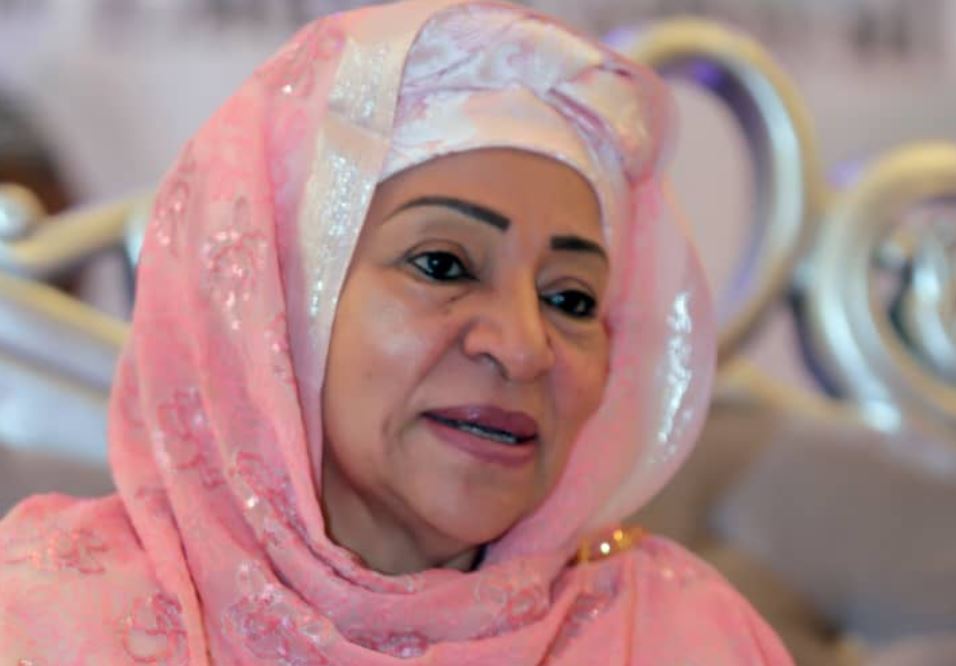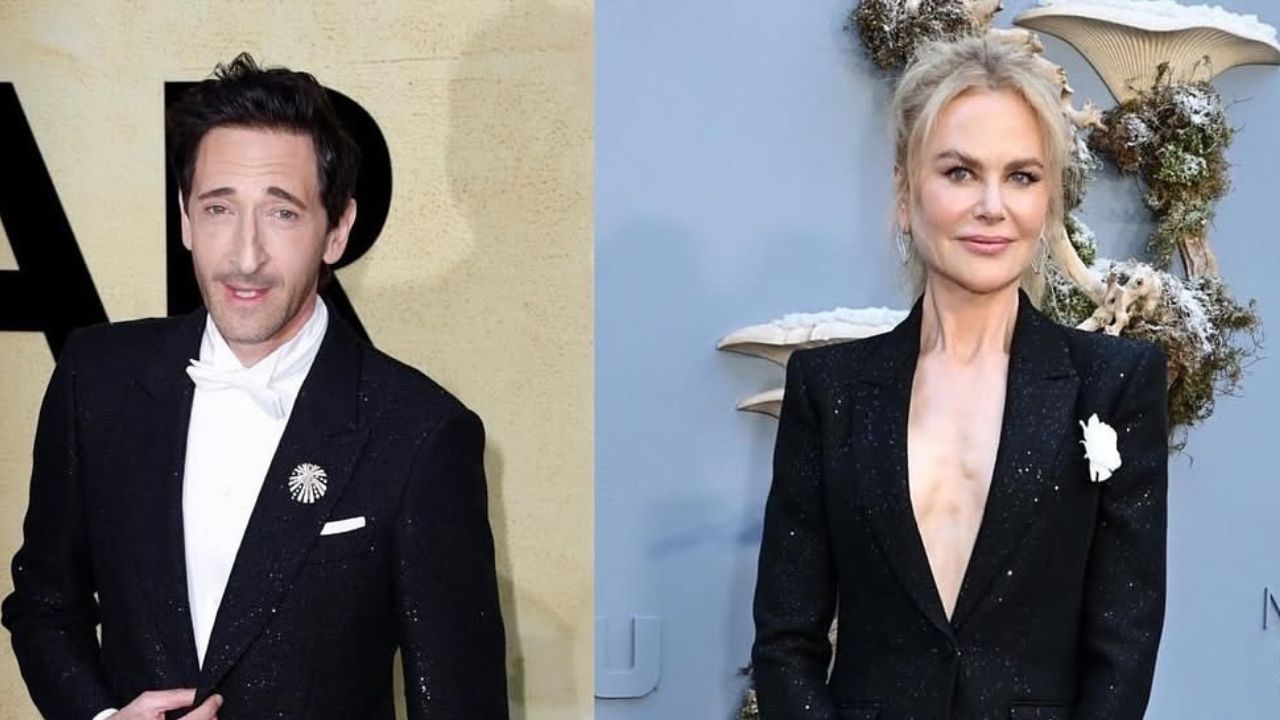From Bedroom to Runway: The Fashion Revival of Homewear
During the latest fashion weeks, some designers presented garments traditionally worn within the home, reinterpreting them as ready-to-wear rather than pieces. In truth, the use of on the runway is not new. Already during the “quiet luxury era,” specifically throughout the lockdown phases, major brands created capes that looked like blankets, sock-like shoes like those from Bottega Veneta, and cashmere sets by and . At that historical moment, fashion seemed to respond to the crisis of bodies in social spaces: in a way, these minimal, comfortable, homey garments helped ease the transition toward building a new daily routine. Today, the trend has taken on many different shades and meanings in light of the maximalist and decorative phase that fashion is currently experiencing.

Prada, FW25

Prada, FW25

Prada, FW25

Prada, FW25

Undercover, FW25

Undercover, FW25

Lazoschmidl, fw25

Ermanno Scervino, FW25
The forerunners are and , who presented classic in both their FW25 womenswear and menswear shows—paired in the menswear collection with worn cowboy boots and bracelets featuring baseball-shaped pendants. The use of sleepwear in the men's show reflects a broader narrative about instinct and human nature that, through contrasts in fabric, proportions, and style choices, reveals a kaleidoscopic identity. In the womenswear collection, these typically bourgeois pajamas are reinterpreted in light of a question that inspired the designers’ creative process: “What does femininity mean today?” These nightdresses are worn under wool coats and paired with crinkled skirts that, due to the placement of the buttons, resemble classic cotton boxer shorts. The reference to , long present in the Milanese brand collections, is also evident in the models’ messy hair and natural makeup, as if they just woke up. Classic nightgowns also appeared in ’s FW25 menswear collection, styled with felted cardigans and floral fur gloves. In ’s FW25 collection, a striped pajama was worn with a tie and thick black glasses, creating an almost office-like look. In ’s FW25 show, the nighttime uniform was reimagined in a sophisticated velvet version.

3.Paradis, FW25

Prada, FW23
Some designers interpreted this trend more literally. Take (FW25) by designer Emeric Tchatchoua, who, drawing on his teenage memories of winters in Montreal, created padded tops resembling pillowcases, nodding to FW23 and the so-called “bedcore,” as well as jackets easily mistaken for mattresses. In one look, a model even wore a sleep mask and carried a blanket as if it were a handbag. British designer was also influenced by this trend: in FW25, he created a dress with a bodice shaped like a pillow. This fascination with homewear—and bedroom furniture more broadly—can also be seen in the resurgence of the , whose stitching and padding are commonly found in comforters and duvets.

Chloé, FW25

Alaïa, SS25

Fendi, FW25

Fendi, FW25

JW Anderson, SS25

JW Anderson, SS25

Mame Kurogouch, FW25

JW Anderson, SS25

Michael Kors, FW25

Meryll Rogge, FW25
Chemena Kamali introduced a coat for the FW25 girl that features the diamond stitching typical of quilts, trimmed with fur. Quilted fabrics also caught the eye of , who, in her latest collection for the centenary of the Roman maison, designed skirts and shirts with padded effects. Pieter Mulier gave the trend a more conceptual and architectural spin with sculptural bombers for SS25. Belgian designer took inspiration from quilted puffers in her FW25 collection, featuring sweatshirts and skirts made from padded diamonds, styled grunge-like with wool tops and checkered shirts. In ’s SS25 menswear, Jonathan Anderson offered oversized versions of the classic British , often worn by Queen Elizabeth during her countryside outings, paired with combat boots. Japanese designer created a soft white coat for FW25 that echoes the padded stitching of a traditional duvet. Other designers brought scarves and blankets to the runway, transforming them into wearable pieces. Think of the capes by in FW25, the mini scarf-skirt by Nicolas Ghesquière for Louis Vuitton FW25, and the skirt-plaid hybrids seen at Eckhaus Latta FW25.

Versace, FW25

Versace, FW25

Versace, FW25

N.21, FW25

Moschino, FW25
Another interpretation of this trend can be seen in designers using interior fabrics and prints—typically used for home decor—reimagined as eveningwear. , for her farewell show (FW25), drew from “Versace Home” archives, showcasing dresses with padded ruffles resembling duvets and coats and gowns whose linings featured the maison’s classic baroque pattern, often seen in the brand’s bedding collections. Along the same lines, both Adrian Appiolaza for and Alessandro Dell’Acqua for his brand were inspired by retro fabrics and prints reminiscent of grandma’s embroidered blankets. In FW25, the former created a padded coat with a surreal, ‘70s-style floral print and a hat that looked like a giant pillow. The latter included in his FW25 collection a look made of a bomber, a skirt, and a scarf with a matching floral pattern.

Valentino, FW25

Tom Ford, FW25s
and also explored homewear. Both designers included a classic loungewear item—the robe—reimagined as a ready-to-wear piece. In Valentino FW25, Michele paired embroidered robes with formal looks, including ties and tailored trousers—a contrast between indoor and outdoor wear, expressing an intimate relationship between body and clothing. For his debut at Tom Ford (FW25), Ackermann used the robe to convey the seduction of “the morning after.” Tied at the waist with a fringed belt, the robe in this show becomes a symbol of erotica lingering between night and day, concealing the clothes from the night before.










